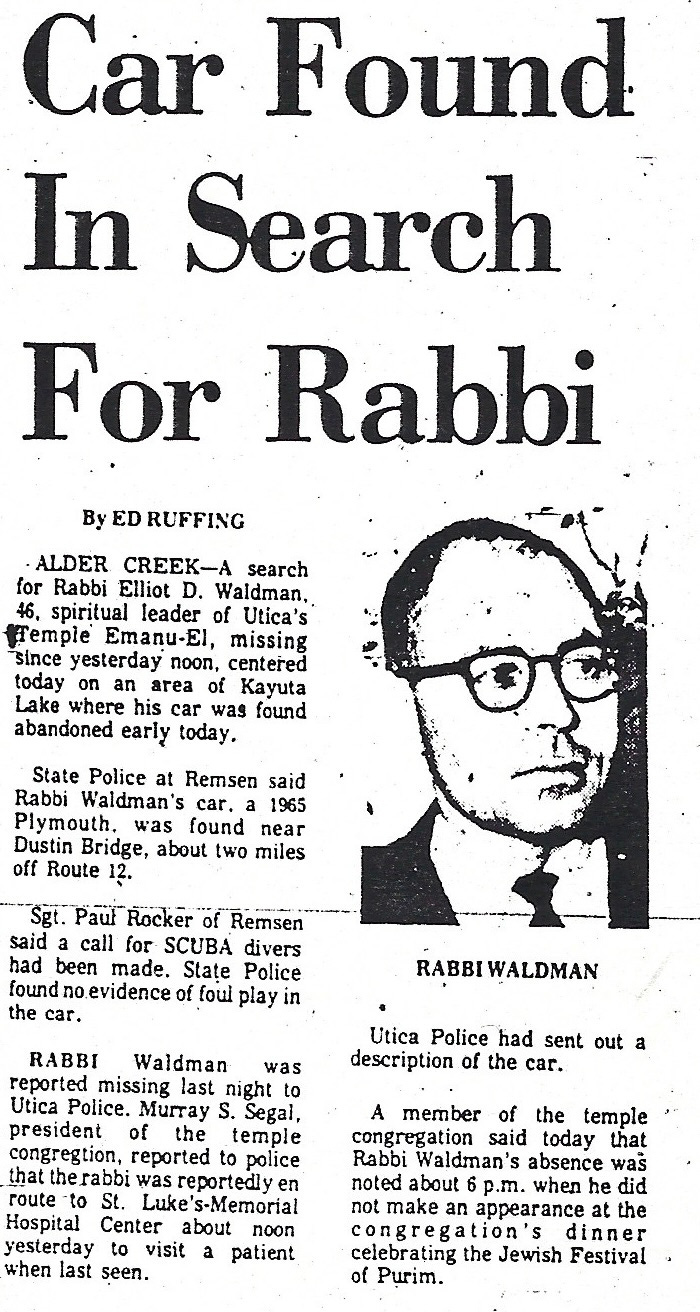
A little note before the you begin Chapter Six: I introduced a subscription fee this week. You’ll probably notice that the monthly fee adds up to more than the yearly fee, which is not normally how these things are done. I want to keep the price down for people who might not be able to afford the typical $70-80 a month charged by established and prolific Substackers, and while it appears I can set whatever yearly fee I see fit, Substack won’t permit less than $5 a month. So if you’re feeling generous and want to subscribe monthly rather than pay the relative bargain of $35 US a year, thank you very much. And if you’d like to become a founder (which means that if and when the memoir does get published traditionally, you will receive a signed copy), please do. And if you want a free subscription, which will allow you to read the beginning of each chapter from now on, but not the whole thing, please stick around, because I will be offering free content, just not the memoir.
Thanks so much again for your support.
Chapter Six
The Jewish Sabbath lasts from sundown Friday to sundown Saturday, and it was sacred at our house. Preparation began on Thursday, when Jane came to clean. On Friday, Mom went to the beauty parlor to have her hair done so she’d look her best at temple that night. On the way home, she’d stop at the supermarket to pick up a fresh challah, the bread over which we said a special blessing before eating our Shabbos meal.
And what a meal it was—the only night of the week we ate in the dining room, on fine china set on a linen tablecloth. First Mom lit two candles and recited the blessing praising God who had ordered us to kindle the Shabbos lights. Next, Dad led the kiddush, the blessing over the wine. After the kiddush we said the motzi, the blessing over the challah. It’s the only blessing of the three we also said at every weekday meal. On Shabbos, it was the last blessing before Mom served dinner. The challah sat next to Dad, on a cutting board, hidden under a fringed satin cover. Right before reciting the motzi, we’d remove the cover. Until then, according to legend, the challah stayed covered to keep it from realizing how low it was on the Shabbos blessing hierarchy. To spare its feelings.
Even though I had enough non-Jewish friends—and Jewish friends, too, for that matter—who didn't have a special dinner followed by an evening at temple, I didn’t consider doing anything else on Friday nights. Shabbos was what I knew. Even if I disliked Mom’s chicken so much that I usually spat it into my cloth napkin, and even though I usually fell asleep out of boredom during my father's sermons, there was something comforting about the ritual of doing what God had told us we were supposed to do every Friday night and Saturday.
When I went off to college I cut Shabbos out of my agenda. By then I'd grown less enamored of organized Judaism. And none of my college friends, even the Jewish ones, showed any interest in the campus Hillel. Instead we went drinking or dancing, or to parties or movies. Yet as much fun as I had, and I did have fun, I'd always feel slightly uncomfortable about what I was doing—or not doing, to be exact. It was as if Shabbos was encoded in my DNA.
My conscious mind had other ideas, but instilled in the very fiber of my being was that Friday night was for peacefulness, order, ritual, and family. Even today, when intellectually I know that Friday is just another night of the week, if I skip the rituals that have been part of my life for as far back as I have memories, I don't feel right. And the first time I felt that sense of discomfort was the first Friday night after my father disappeared.
Keep reading with a 7-day free trial
Subscribe to Debby's Substack: What to Believe to keep reading this post and get 7 days of free access to the full post archives.



